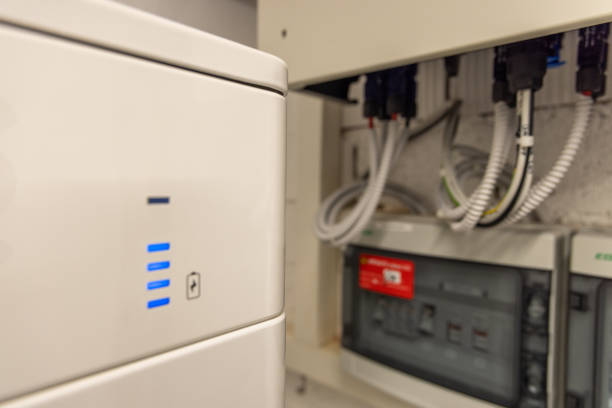In our rapidly digitizing world, data has become an indispensable asset for individuals and businesses alike. Ensuring the safety and integrity of your essential files, documents, and memories is critical. Traditional storage methods like cloud services and external hard drives provide some security, but they also come with vulnerabilities. Metal backup solutions offer a robust and durable approach to protecting your data for the long term.
- Introduction to Metal Backup
Metal backup is the process of storing data on metal mediums, typically by engraving or etching information onto a metal plate or disc. This concept has been around for decades and has seen a resurgence in interest as an effective solution for long-term data storage and protection against threats such as electromagnetic pulses (EMPs), fires, and floods.
- Key Benefits of Metal Backup
Metal backup solutions present several advantages over conventional storage methods:
- Durability: Metal’s inherent strength enables it to withstand extreme temperatures, humidity, and physical damage, making it ideal for long-term data storage.
- EMP Resistance: Metal is immune to electromagnetic pulses, which can wipe out data stored on electronic devices. Metal backup ensures your data remains safe, even in the event of an EMP.
- Longevity: Metal backup solutions can last for centuries, making them perfect for preserving historical documents, family photos, or other valuable data you want to pass down through generations.
- Eco-Friendliness: Unlike traditional storage devices containing harmful materials and requiring electricity, metal backup solutions are generally more eco-friendly and require no power to maintain data integrity.
- Types of Metal Backup Solutions
Metal backup solutions come in various forms to cater to diverse needs and preferences:
- Engraved Metal Plates: Made from sturdy materials like stainless steel or aluminum, these plates store data by engraving text, images, or QR codes onto the surface.
- Metal Discs: Similar to engraved plates, metal discs store data by etching or engraving information onto the disc’s surface.
- Metal-Coated CDs or DVDs: These discs feature a layer of metal applied to their surface, providing enhanced protection against scratches, heat, and electromagnetic interference.
- Choosing the Ideal Metal Backup Solution
Consider the following factors when selecting a metal backup solution:
- Data Type: Evaluate the type of data you want to store and choose a solution that best suits your needs. Text-heavy data might be better suited for engraved plates, while images or videos may require a larger medium like a metal disc.
- Durability: Consider the environment where you plan to store your metal backup. Opt for a more durable material like stainless steel if it’s prone to extreme conditions.
- Accessibility: Think about how often you’ll need to access the data and choose a solution that allows for easy retrieval without compromising data integrity.
- Prioritizing Data Security
Despite metal backup solutions’ inherent security due to their resistance to EMPs and environmental damage, follow best practices for data security:
- Encryption: Encrypt your data before storing it on a metal backup medium to protect it from unauthorized access.
- Secure Storage: Store your metal backup in a secure location, such as a fireproof safe or safety deposit box, to protect it from physical theft or damage.
- The Future of Metal Backup
As technology advances, metal backup solutions are poised to become more sophisticated and accessible. Researchers are exploring new techniques, such as laser engraving and nanotechnology, to increase data storage capacity on metal mediums. This ongoing innovation ensures that metal backup will remain a reliable and durable solution for protecting your valuable data for years to come.
In conclusion, metal backup offers a durable and secure alternative to traditional data storage methods. By choosing the right solution for your needs and adhering to best practices for data security, you can protect your essential files, documents, and memories for generations. As technology evolves, metal backup will continue to adapt, providing even more options for dependable long-term data storage.

